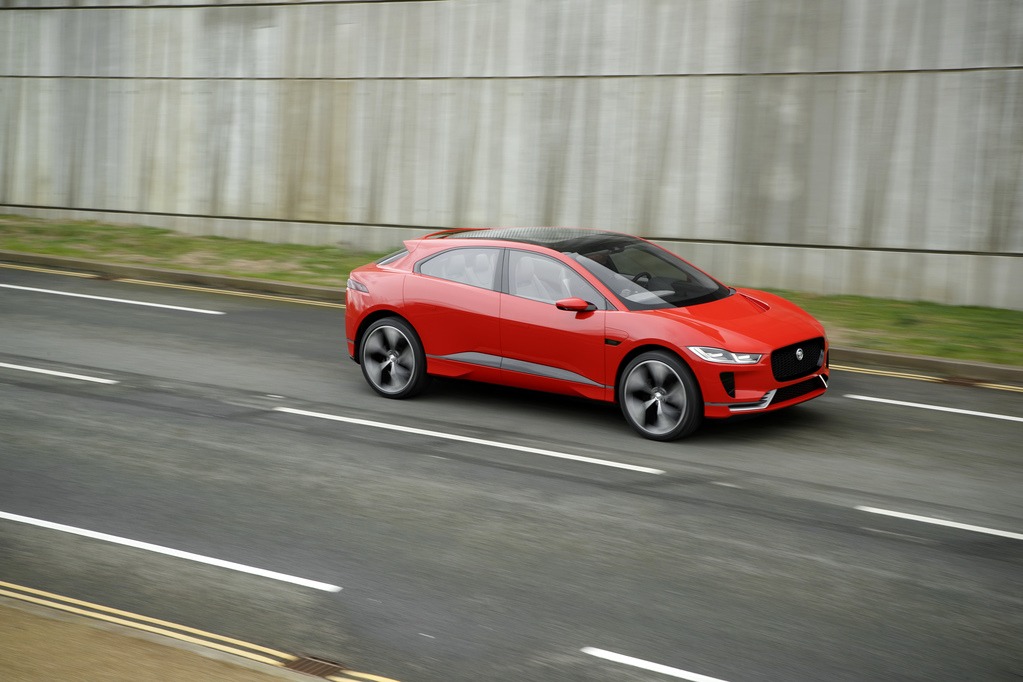Rising CO2 levels concern JLR as manufacturer invest in new technology centre
18 January 2018

18 January 2018
The fall in sales of diesel vehicles is already impacting CO2 levels in the UK, with potential for a global issue, according to Jaguar Land Rover.
Earlier in January, the Society of Motor Manufacturers and Traders (SMMT) announced that CO2 figures in Britain had risen 0.8% in 2017, the first increase in the figure for 20 years. With the country’s diesel market declining by 17% and petrol sales rising, the efficiency of the demonised fuel-type is not being felt.
JLR group sales operations director Andy Goss has suggested that the CO2 rise will become a ′big prominent issue’ for the entire automotive industry. With the absence of a credible market in plug-in hybrid (PHEV) and electric vehicles (EVs), the JLR chief believes that the rise is inevitable, especially as tax changes and the bad press continues to discourage buyers from diesel, with petrol the only viable alternative.
′The CO2 agenda has not gone away,’ said Goss, speaking to the i newspaper. ′It’s not just about CO2 or NOx [nitrogen oxide, emitted from diesel vehicles], each is an agenda. All manufacturers are investing in electrification; it’s in all interests to navigate a glide path together.’
While other manufacturers have voiced their concerns over achieving strict CO2 emissions set by the European Commission, especially due to the collapse in the diesel market, Goss believes that JLR will be able to make the recommended limit, although the sudden switch away from diesel ′provides an extra challenge to hit the target.’
The market is expected to take another hit in the country, as the government announced in its budget that new diesels would be placed in a higher vehicle excise duty (VED) band for their first year of registration until a certain certification standard, possibly Euro 7, is met. With no sign of this standard, every new diesel car sold from April 2018 will be eligible for this increase.
′It’s difficult to fathom the latest decision in the Budget,’ said Goss. ′I’m not saying it’s short-termism, but without other things in place like scrappage, it’s difficult to see an end-to-end decision process.’
Meanwhile, the company has said it will open a software engineering centre in Ireland, creating 150 jobs to work on advanced automated driving and electrification technologies.
JLR said last year that all its new cars would be available in a full-electric, plug-in hybrid or mild-hybrid versions from 2020. The automaker is building its first fully electric model, the I-Pace, to go on sale this year.
In a statement, Nick Rogers, JLR’s executive director of product engineering, said: ′Technical innovation lies at the heart of Jaguar Land Rover, and our innovation is continuous. The new facility provides an exciting opportunity for us to pioneer future autonomous and electrification technologies. The heart of our business will always be in the UK. The creation of a team in Shannon strengthens our international engineering capabilities and complements our existing team of more than 10,000 engineers based in the UK.’
Photograph courtesy of Jaguar Land Rover